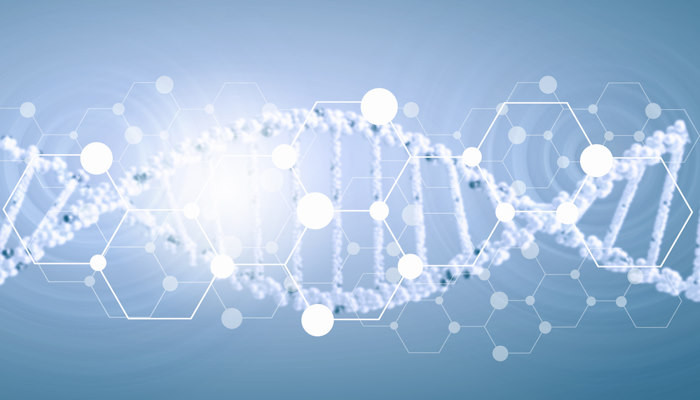Gene Doping - Detection - Preparations for Transgenic DNA

New Publication - Transgenic DNA Detection
first published 31st October 2023
Naumann N, Paßreiter A, Thomas A, Krug O, Walpurgis K, Thevis M.
Analysis of Potential Gene Doping Preparations for Transgenic DNA in the Context of Sports Drug Testing Programs.
Int J Mol Sci. 2023 Oct 31;24(21):15835. doi: 10.3390/ijms242115835.
Abstract
Gene doping has been classified as a prohibited method by the World Anti-Doping Agency (WADA) and the International Olympic Committee (IOC) for over two decades. As gene therapeutic approaches improve and, concomitantly, safety concerns regarding clinical applications decline, apprehensions about their illicit use in elite sports continue to grow. Two products available via Internet-based providers and advertised as EPO-gene- and IGF1-gene-containing materials were analyzed for the presence of potential gene doping agents using a newly developed analytical approach, allowing for the detection of transgenic DNA corresponding to seven potential targets (EPO, FST, GH1, MSTN (Propeptide), IGF1, VEGFA, and VEGFD). Panel detection was based on a 20-plex polymerase chain reaction (PCR) followed by a single base extension (SBE) reaction and subsequent SBE product analyses via matrix-assisted time-of-flight laser desorption/ionization mass spectrometry (MALDI-TOF MS). Extracts of both products were found to contain transgenic EPO-DNA, while transgenic DNA for IGF-1 was not detected. The results were confirmed using SYBR Green qPCR with primer sets directed against EPO and IGF1 cDNA, and the CMV promotor sequence. In this case study, the detection of authentic (whilst low concentrated) transgenes, potentially intended for gene doping practices in readily available products, is reported for the first time.